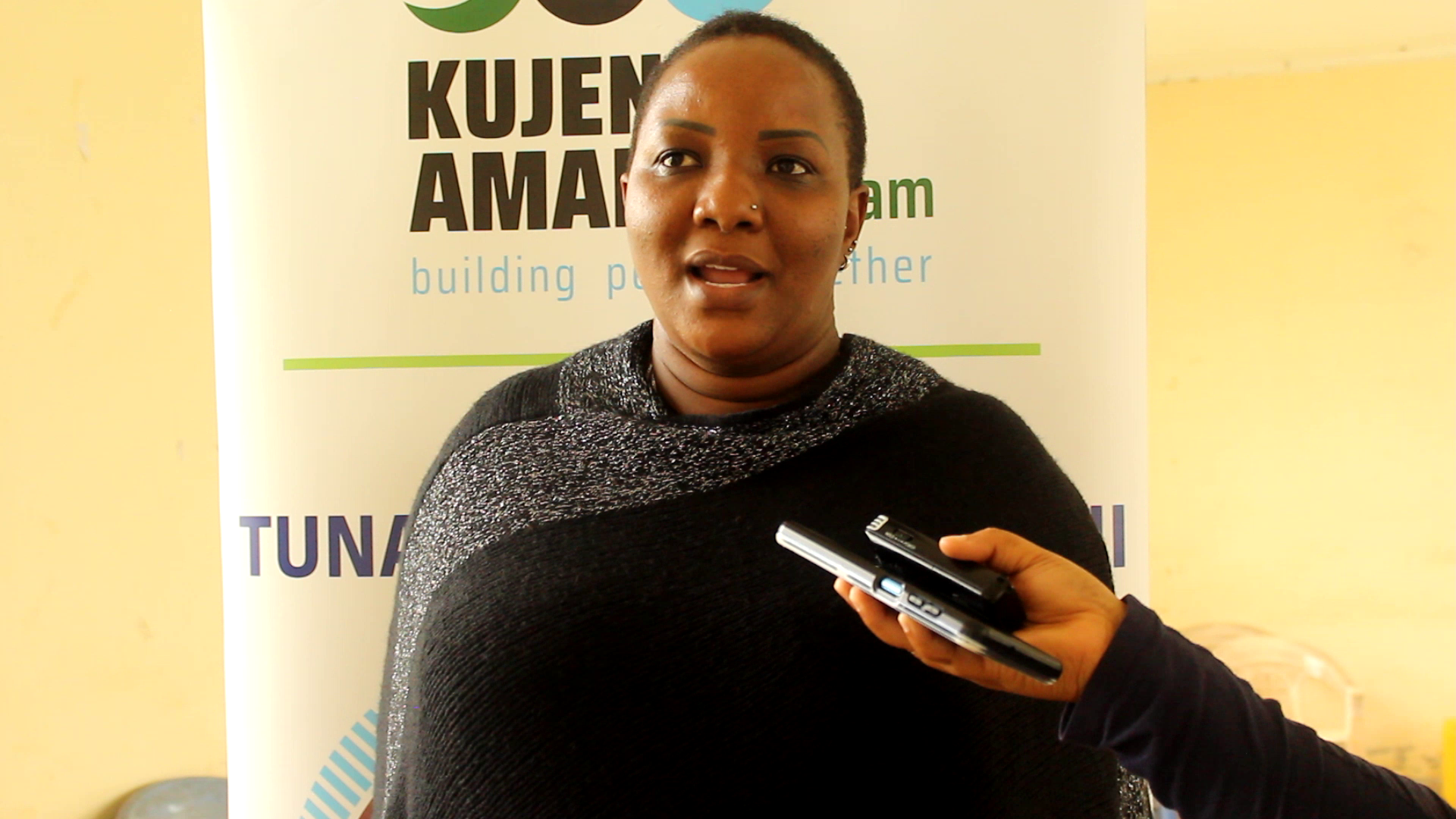
 Nahugombe founder and executive director, Nora Cha,o during an interview at Kanana
in Lunga-Lunga
Nahugombe founder and executive director, Nora Cha,o during an interview at Kanana
in Lunga-Lunga
Through a community outreach forum organised by local rights group Nahugombe under the Kujenga Amani programme, the women were sensitised on their legal rights.
This included how to seek redress when those rights are violated, particularly when it comes to land ownership, succession and equality, as guaranteed by the constitution.
The initiative also dug into the roots of domestic tension, encouraging peaceful conflict resolution, healthy communication and shared responsibility within families.
Nahugombe founder and executive director Nora Chao said many women are still battling systemic discrimination, especially after losing a spouse or during land subdivisions.
“Most women are unaware of their rights. This lack of knowledge is often used against them, denying them what’s rightfully theirs,” Chao said.
Entrenched cultural beliefs and lack of documentation, such as marriage certificates or title deeds, continue to put women at risk of being kicked out of their homes or cut off from inheritance.
Participants were encouraged to report abuse and access legal and psychosocial support. Many expressed relief at finally gaining clarity on laws that are often kept out of their reach.
Shenazi Harun, a resident, spoke out about the quiet suffering many women endure due to lack of awareness and platforms to voice their concerns.
“When marriages aren’t legally recognised, widows can lose everything. Cultural practices still favour men and religion is sometimes twisted to justify this inequality,” she said.
Shenazi called for a mindset shift and urged other women to speak out, get their paperwork in order and actively secure their rights, for themselves and their children.
Rukia Mwakulinga echoed the sentiment, saying, “I used to think it was normal for men to control everything. But this training opened my eyes, what we’ve been accepting as culture is often discrimination.”
She emphasised that men and elders must also be involved.
“It’s not enough to educate women alone. Men also need to be part of these conversations so they stop seeing women as inferior,” Mwakulinga said.
















